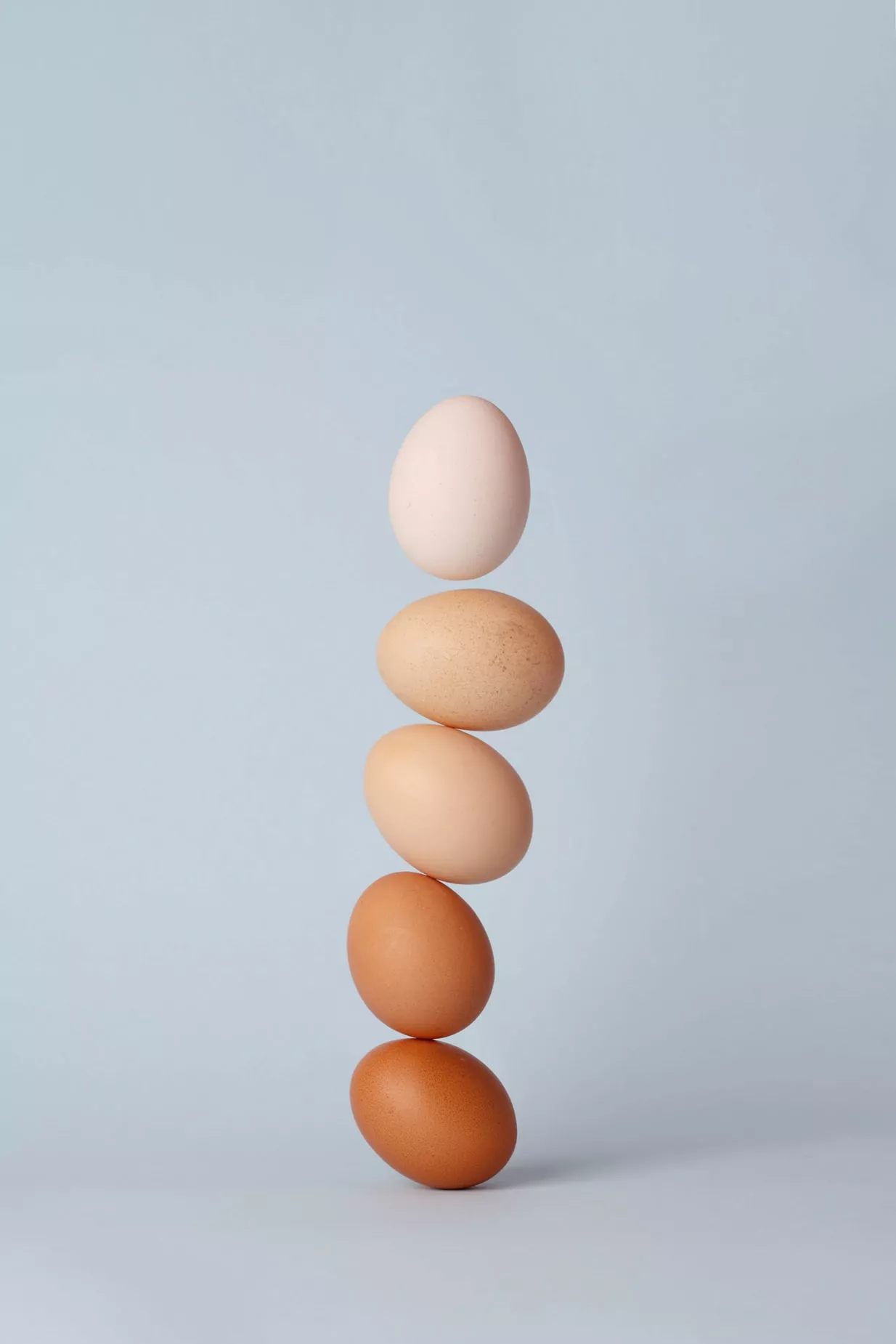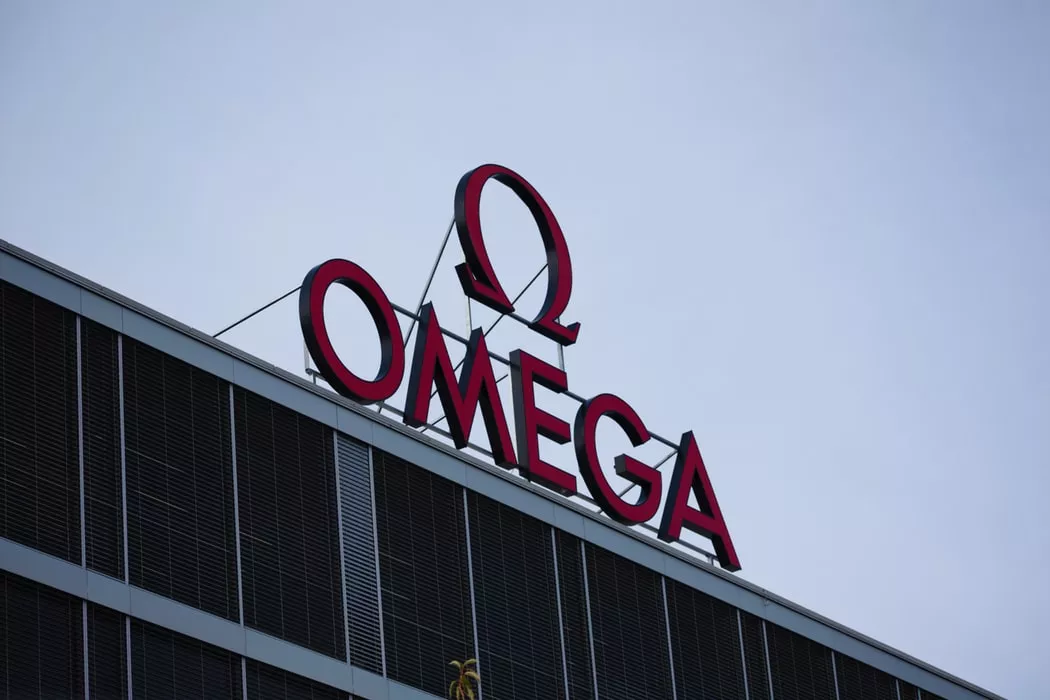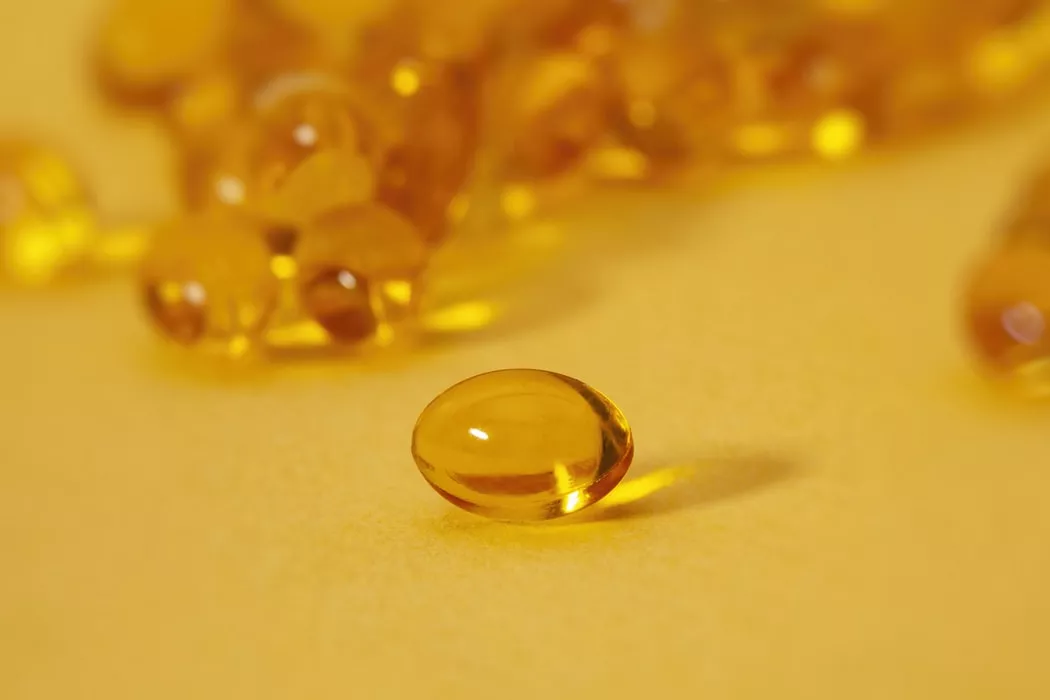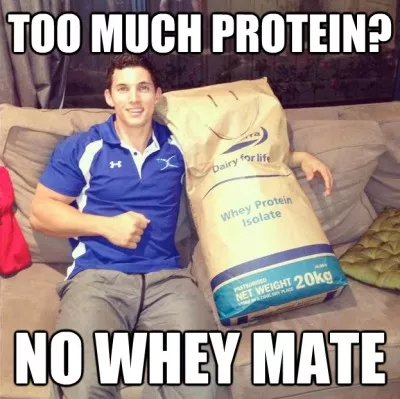This Is What Every Biohacker Needs To Know About Eggs And Testosterone

This is the ultimate guide to eggs and testosterone.
In this new guide you will learn:
- What the research has to say about the eggs/testosterone connection.
- The truth about cholesterol and PUFAs
- Exactly how many eggs you should be eating each day for testosterone.
- Lots more
Let’s get started.
Contents
1. Biohacking Without Studies To Guide You
2. The Science Behind The Parts Of An Egg
3. Cholesterol And PUFAS Are (Not) The Devil!
4. How To Optimize Protein Intake
5. Raw Vs. Cooked
6. How Many Eggs Per Day For Testosterone?
How To Find Success In Biohacking With Minimal Studies (NCBI) To Guide You

It seems like every 5 years or so a new study comes out on eggs. You’ve heard the headlines:
“Extra! Extra! Eggs are a super food!”
Then a few years later …
“Sorry, turns out we were wrong. Eggs are evil!”
So what’s the truth?
Are they good for you, bad for you, or better yet …
What does the research have to say about the ‘eggs testosterone’ connection?
With all that research, you would think there would be all sorts of great information out there showing the relationship between testosterone and eggs.
If only we were so lucky.
I searched PubMed and Google scholar high and low. Unfortunately, there has never been a study done looking at the relationship between eggs and testosterone directly.
In my experience with androgen hacking, whenever I come across a topic with limited research, the next best solution is to analyze it from the bottom up.
Here’s what that means in this particular situation:
With little direct science, the next best solution is break our topic (testosterone/eggs) down into smaller components and then research those instead.
For example:
You might find research showing that supplemental vitamin D (also found in eggs) increases LH (a precursor to testosterone).
You then take this information to hypothesize that dietary eggs (again, known to contain Vitamin-D) might perhaps increase testosterone (as a result of more LH).
This is a great way of doing things when little to no direct research exists.
BE WARNED
Anyone who has ever been involved in research knows that science is not always intuitive. This strategy places emphasis on logical reasoning rather than a proper scientific method.
Here’s the thing -
This strategy is not perfect, but ultimately (real science or not) it doesn’t matter. It serves the purpose of directing us as we chug along to our next biohacking experiment. It keeps us moving forward in some sort of meaningful logical fashion.
When 1-to-1 science is not available, this method is a much better approach than conducting lifestyle experiments in a haphazard manner.
The beautiful thing about androgen hacking is that it is self correcting and always optimizes to you as an individual.
By testing before and after every intervention, you are able to optimize to higher and higher T levels over time. It makes it easy to use what works and forgo what doesn’t.
I’d like to get back to the meat and potatoes of this topic, but if you want to learn more about Androgen Hacking, it’s real easy to get started:
Another great way to get some perspective is to read my comeback story:
From 412ng/dl To 923ng/dl In 6 Months - Without TRT
Now that you understand where I’m coming from, let’s jump in to the nitty gritty science behind eggs and men’s health.
Let’s do this right now.
The Science Behind Testosterone And (The Parts Of) An Egg

Here’s a good question:
Do eggs contain testosterone?
The short and sweet answer is - No.
But…
While eggs don’t actually have testosterone in them, they do contain several other valuable nutrients for men’s health.
Here’s a quick list of the big ones:
- Protein
- Fatty Acids
- Vitamin D
- Cholesterol
All these things can be found within two main components of an egg:
- The Yolk
- The White
Let’s break it down.
The Whole Yolk

Egg yolks contain three other components of interest to us (besides additional protein):
- Fatty Acids
- Vitamin D
- Cholesterol
Let’s look at each of these individually.
Fatty Acids, PUFAs, And Omegas (Oh My!)

I should have probably stopped while I was ahead.
In no universe should a recreated “androgen hacker” version of this famous Wizard Of OZ quote exist. It is a good fit though, because this section can be very overwhelming - much in the same way that Dorothy was overwhelmed in this scene of the movie.
I’ll do my best to keep this suscint, but there is no way around the fact that things are about to get heavy.
Let’s start with some basics:
There are several different kinds of fatty acids in egg yolks.
Specifically:
Saturated fatty acids (SFA) make up 40-45% of the yolk. Monounsaturated fatty acids (MUFA) make up another 40-45%. Polyunsaturated fatty acids (PUFA) make up the remainder (typically 10-15%).study
It’s well established within the biohacking community that a diet rich in fat (30-40%) is essential for optimizing testosterone. Furthermore, there is a general consensus that the bulk of these fats should come from SFAs and MUFAs while at the same time keeping PUFA intake to a minimum.study
The fact that egg yolks are rich in SFAs and MUFAs (85-90%) is reason enough to use eggs in androgen hacking. It does beg the question though:
Should you be worried about the other 10-15% of PUFAs?
It is true what they say about PUFAs. There is strong evidence that they are inversely correlated with testosterone in men.study
Here’s the thing though:
This rule of thumb does not apply to the egg yolk.study You might even say that it has scrambled the PUFA status quo and turned it over-hard.
… (Or you might not say that. 🤣)
But how can this be?
To understand the answer, we need to dig a little bit deeper. ‘PUFA’ is a very broad term referring to multiple types of fatty acids (Omega 3, 6, and 9). The problem is that do to the nature of omegas, they can not be accurately studied in biological isolation. The effects we see from their consumption vary widely and depend on ratios of omegas rather than traditional “a + b = c” type scenarios.study

This makes it difficult for scientists as they would prefer to have total control over these variables. When you take away this control, picking which ratios to use in experimentation (not to mention results) gets complicated.
What’s great about egg yolks is that omega profiles (ALA, EPA, and DHA) tend to be highly predictable.study
And as it turns out, this unique ratio profile has been proven to result in a positive correlation with testosterone. This is true for both calculated free testosterone and total testosterone.
The study I’m referring to found also found …
“a positive relation between intakes of PUFAs … and LH concentrations.”study
This makes sense because LH (or luteinizing hormone) is the gonadotropin hormone that stimulates testosterone production in the leydig cells of a man’s testes.
The result of this cascade is a higher concentration of testosterone in the blood. Mission accomplished!
*Whew!*
Clear as mud? Don’t worry, the pop quiz at the end of this article isn’t too hard. 😉
Vitamin D

Vitamin D (be it from sun or suppliment) is one of the cornerstones of every testosterone biohackers regimen. This is primarily due to the landmark study published by the university of Graz in 2011 titled:
“Effect Of Vitamin D Supplementation On Testosterone Levels In Men”
This study showed an increase in all testosterone parameters (total, bioavailable, and free) after supplementing with 3332 IU of vitamin D per day.study
It turns out that one raw egg yolk contains roughly 40-45 IU of vitamin D.
I understand that 40-45 IU is a ways away from 3332IU, but you should be getting the sunshine vitamin from a variety of sources, like *ehmm*, the sun - for example.
In reality though, this is much easier said than done. You probably will still have to supplement to get to the multiple thousands of IU required (affiliate link) each day.
I could go on and on, but I’m not going to do that.
The strong relationship between vitamin D and testosterone is well established. When it comes to this topic, the internet sounds like a broken record. I’m not interested in beating a dead horse or wasting your time.
But!
If this is a new concept for you (or you need a solid refresher) then it’s imperative that you watch the video below.
Cholesterol And T
Cholesterol is an important (and wildly misunderstood) topic.
Let me explain:
Dietary cholesterol is necessary for the synthesis of vitamin D, adrenal hormones, and testosterone. Eggs also have vitamins A, D, and E, and selenium.
— Dean Bradley (@DeanBradleySFF) December 18, 2019
And most of the good stuff is in the yolks, so don't just eat the whites. https://t.co/TFaFiM4ATQ
1. Dietary Doesn’t Mean Metabolic
First of all I want to make one thing very clear:
Dietary cholesterol is NOT associated with heart disease.
I know, I know…
The idea that cholesterol in our diet equals cholesterol in our blood has been pounded into our skulls relentlessly for decades. The fact of the matter is that it’s simply not true.
Modern science has made it clear:
So forget what you’ve been told because dietary cholesterol has almost no effect on serum cholesterol.
2. Hormone Production
A lack of dietary cholesterol on the other hand can be a limiting factor when it comes to how much testosterone our body is able to make.
Said another way -
You can not maximize your testosterone levels without optimizing cholesterol intake.
This next video does a great job explaining at a high level the steps involved in testosterone production:
What I want you to notice is how important cholesterol is in this whole cascade. It’s a key element early in the process.
Egg Whites And How To Optimize Protein Intake

When you think about egg whites, you think one thing:
Protein
They aren’t pure protein, but they come close. Just one raw egg white contains the following:
| Protein | 3.6g |
| Fat | 0.1g |
| Carbs | 0.2g |
If you’re reading this and have any experience in the bodybuilding space, you may want to sit down before I say this:
Protein is important in optimizing T levels, but it’s actually the least important of all three macronutrients.

Here me out! No roid raging please!
Bodybuilding communities have been telling us this for years and for good reason.
They are right.
Protein is the most important macro in bodybuilding. Keyword here: bodybuilding.
You have to realize that eating to optimize for hypertrophy is not the same thing as eating to increase testosterone. Sure, they are related, but they are NOT the same end goal.
You have to decide which you want:
Do you want to look like a god or feel like one?
It turns out you may be able to have both. Like most things in life, it just depends.
Let’s take a look at the science behind each of these goals.
Goal 1 - Increasing Testosterone Levels
Based on a study that looked at the ratio of macronutrients and how they effect testosterone levels, we can conclue that our protein intake should be about 20% of our diet.study
For example:
A 180lb man might have a TDEE of 3000 calories per day. To optimize for testosterone, his protein intake each day should be around 600 calories (20% of total) per day. At four calories per gram this translates to 150 grams of protein per day (600 calories / 4 calories per gram).
Goal 2 - Bodybuilding & Aesthetics
It has been well established that 0.8-1.3 grams per pound of body weight is the ideal range for building muscle.study
Continuing with our example above, let’s see how our protein intake changes for this new goal.
If we took our 180lb man from the example above and multiplied this by 0.8 we get 144 grams of protein per day.
We use 0.8 as opposed to any others values in the range (0.9-1.3) as it will result in a lower number.
You are welcome to use other numbers. Just realize that doing so is going to complicate things for those of us trying to optimize for both testosterone and bodybuilding.
Goal 3 - Optimize For T Levels & Bodybuilding
Let’s recap the example above.
- In the T level goal we concluded 150 grams
- In the bodybuilding goal we concluded 144 grams
The results of this exercise are very similar (144 vs 150). Even though the numbers worked out this time, this may not always be the case.
In those situations, here’s how you come to a final answer:
The first step is to work through the numbers that are specific to you for both goals (as discussed above).
Step two is to decide which is more important to you (T or aesthetics).
In the last step, step three, we need to decide on a number that falls within this range. We can titrate our protein intake anywhere inside of it while placing emphasis on the end of the spectrum representing our desired goal.
You can use your conclusion combined with the egg chart below to decide on your own ideal number of eggs per day for increasing testosterone.
Raw Eggs Vs. Cooked

A question I’m commonly asked is:
Is there a connection between drinking raw eggs and testosterone?
First, let’s look at the composition of a raw egg vs. a cooked egg:
| Protein (grams) | Fat (grams) | Carbohydrates (grams) | Cholesterol (mg) | Vitamin D (IU) | |
|---|---|---|---|---|---|
| Raw | 6 | 4.8 | 0.4 | 186 | 41 |
| Cooked | 6 | 5 | 0.6 | 187 | 44 |
Very similar in composition (as you might expect) …
… but then BAM!
Out of nowhere this tiny little study pops into the picture to shake things up.
The sample size is small. So small in fact (n=5) that it doesn’t mean much in terms of validity.
I bring it up only because the results stand out like a green hat with an orange bill. They may even make you reconsider eating (drinking?) raw eggs altogether.
Why?
Well, this preliminary trial seems to point to potentially major absorption issues. The participants of the study only absorbed ~50% of the protein from eggs in the raw form. This is significant when you consider that the absorption rate of protein in cooked eggs is more like 90%.
How Many Eggs Per Day To Get Results?
Many of my clients, as well as others, have had some tremendous results adding eggs to their diets:
Conventional Doctors:
— Tro (@DoctorTro) December 1, 2019
“Lifestyle and nutrition cannot improve your hormonal health”
Me:
“My testosterone increased by 300+ and vitamin D by 30 by eating meat, eggs and intermittent fasting”
Another great example is Brett from the art of manliness. He has perhaps the most famous eggs/testosterone testimony. Definitely worth the read.
As for my own results:
When I started consistently eating eggs each day, I definitely felt a subjective boost in the qualities associated with higher testosterone levels. The thing that stood out the most was the strength gains at the gym. Within a week or two of eating multiple eggs per day there was a marked spike in the weight I was able to throw up in each of the big 4 lifts. This came after a long stretch where the only gains I was making came slowly in the from of fractional plates (affiliate link).
The results I’ve experienced from adding eggs to my protocol has made me a believer. I don’t care how you eat them …
- Boiled
- Over easy
- Green with a side of ham :laughing:
- Scrambled
… You should be eating them every day if you’re interested in maximizing T levels.
But one question remains:
How many eggs should you be eating per day for testosterone?
When it comes down to it, eggs are not the only food in your diet.
Ultimately, it comes down to creating and optimizing a solid macronutrient nutrient profile for testosterone.
I’ve created an “eggs per day” table below to help you do just that.
| Protein (grams) | Fat (grams) | Carbohydrates (grams) | Cholesterol (mg) | Vitamin D (IU) | Omega 3 | |
|---|---|---|---|---|---|---|
| 1 egg | 6 | 5 | 0.6 | 187 | 44 | 29 |
| 2 eggs | 12 | 10 | 1.2 | 374 | 88 | 58 |
| 3 eggs | 18 | 15 | 1.8 | 561 | 132 | 87 |
| 4 eggs | 24 | 20 | 2.4 | 748 | 176 | 116 |
| 5 eggs | 30 | 25 | 3 | 935 | 220 | 145 |
| 6 eggs | 36 | 30 | 3.6 | 1122 | 264 | 174 |
| 10 eggs | 60 | 50 | 6 | 1870 | 440 | 290 |
| 12 eggs | 72 | 60 | 7.2 | 2244 | 528 | 348 |
Again, every situation is different and there is no single set-in-stone number. With that in mind, I will share with you my personal protocol.
I’ve experimented with this question over the years (all the way up to 12/day :dizzy_face:), but now-a-days I’ve settled in around the 4 to 6 per day range. It’s what works best for me.
Conclusion & Next Steps
Eggs are arguably the best food for increasing testosterone levels.
Let me put it this way -
If I had to pick ONE testosterone boosting food it would be…
You guessed it: eggs.
Of course, you should never just blindly start making changes to your diet (or anything else for that matter). There are some key first steps you must take in order to be successful in androgen hacking. I can help you work through the whole process.
I hope this guide was helpful to you on your journey. Thanks for reading!
Kind Regards,
David, RN, CCRN

